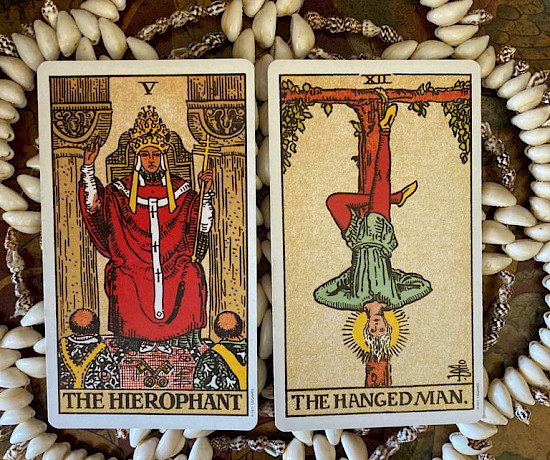The Radical Art of Choosing Joy
I wasted hours, days, years ruminating on self-created problems, latching onto them like an addiction. One after another, every failure, rejection, challenge, and difficulty felt like further evidence that I was unworthy of love, of happiness, of even being here at all.
Fear, guilt, and shame ran the show, driving self-destructive behaviors that, in turn, created more of the same.
Sound familiar?
Even when life looks good—when we finally have the partner we dreamed of, the career, the luxury holidays, the wealth, the family that loves us—something can still feel missing.
I once sat in a circle in a plush house in Kensington with a woman who had everything and yet admitted she felt empty.
The Joy Deficit in a World of Abundance
They say you teach what you need to learn, and my journey—like so many of us in the modern Western world—has been one of relative comfort.
And yet, in this world of the “haves,” joy seems strangely absent. There even appears to be a correlation between material abundance and joylessness.
As Oliver James writes in Affluenza:
“An epidemic of mindless consumerism is sweeping the world, with the compulsive pursuit of money and possessions making people richer but sadder… We have become addicted to having rather than being, and confuse our needs with our wants.”
So what is the path to joy—regardless of whether we are “having” or “not having”?
Joy as a State of Being
Joy is a choice. A state of being we can train, like a muscle.
It starts with recognising that however we perceive life in this moment is just that—a perception. And perception, like the weather, shifts according to our neurophysiological state.
Here are some ways we can train the “joy muscle”:
1. Care for the body
Our physical body, when locked in stress and tension, creates more stress and tension—and joy has no room to breathe.Move. Stretch. Dance. Shake it out.
Eat nourishing, nutrient-dense food. Balanced hormones = balanced moods.
Avoid sugar and processed foods—they spike dopamine and energy, then crash us hard.
(As someone who comfort-ate, binge-ate, and battled an eating disorder for years, I know how food can hijack our nervous system and mood. Sugar was my drug of choice.)
2. Interrupt addictive thoughts
Fear-based thoughts attract more of the same. They’re addictive and leave no space for joy.
Mindfulness, meditation, breathwork, journaling, chanting, sound healing, somatic movement—all these are “interrupts” that shift our state of consciousness and open space for joy to emerge.
3. Connect spiritually
When I am spiritually connected—tuned into what some call God, others call the quantum field or universal consciousness—there is only room for peace, love, and joy.
From this perspective, every situation, from the mundane to the tragic, serves a purpose. Trust leads to acceptance, acceptance to gratitude. Attachment falls away. Endings become natural, creating space for new beginnings.
Why Go on a Journey to Joy?
Maybe life feels pretty good for you right now. You have the money, the relationship, the occasional laugh. But would you feel the same without those things?
When life is good, that’s exactly the time to build joy practices—and to share your abundance. Volunteer, donate, help someone else. Generosity deepens appreciation and multiplies joy.
If you “have it all” but still feel empty, commit to inner work. Material comfort without inner fulfillment is a hollow victory.
And if you are in the depths of grief, financial hardship, or a personal crisis—joy might feel a million miles away. You might need help to find it again. Seek out community, therapy, or support groups (many are free: grief circles, 12-step programs like Debtors Anonymous, AA, NA).
Hearing others’ stories of surviving their own “dark night of the soul” can be the lifeline that lifts you—and it’s often these very struggles that eventually create the deepest capacity for joy.
Why Joy, Now?
Joy is on the decline.
In the UK, 1 in 6 adults now experience moderate to severe depressive symptoms—higher than pre-pandemic levels. Anxiety is rising, life satisfaction is falling, and the UK ranks among the nations with the highest proportion of people who are “distressed or struggling” with mental health.
Digital technology and social media—designed to be addictive—hijack our attention, leaving little space for silence, stillness, and recalibration.
In today’s world, choosing joy isn’t passive. It’s radical.
The Radical Practice of Joy
At bhuti, we don’t talk about joy as just “happiness” or “positivity.” We reframe it as:
A deep presence with what is—even in chaos.
A spiritual technology for resilience and regeneration.
A practice of resistance against burnout, division, and despair.
Our retreats and experiences—through soul health practices (body, mind, heart, and energy) and community connection—are designed to help you consistently reclaim your true nature and birthright: JOY




